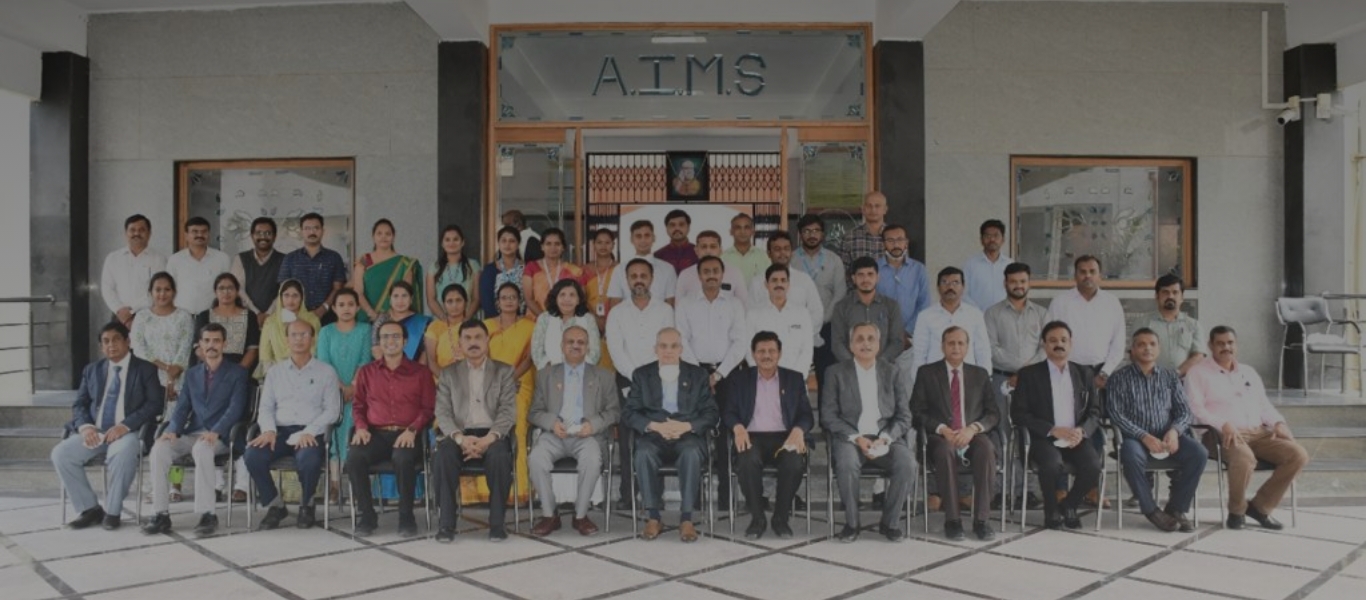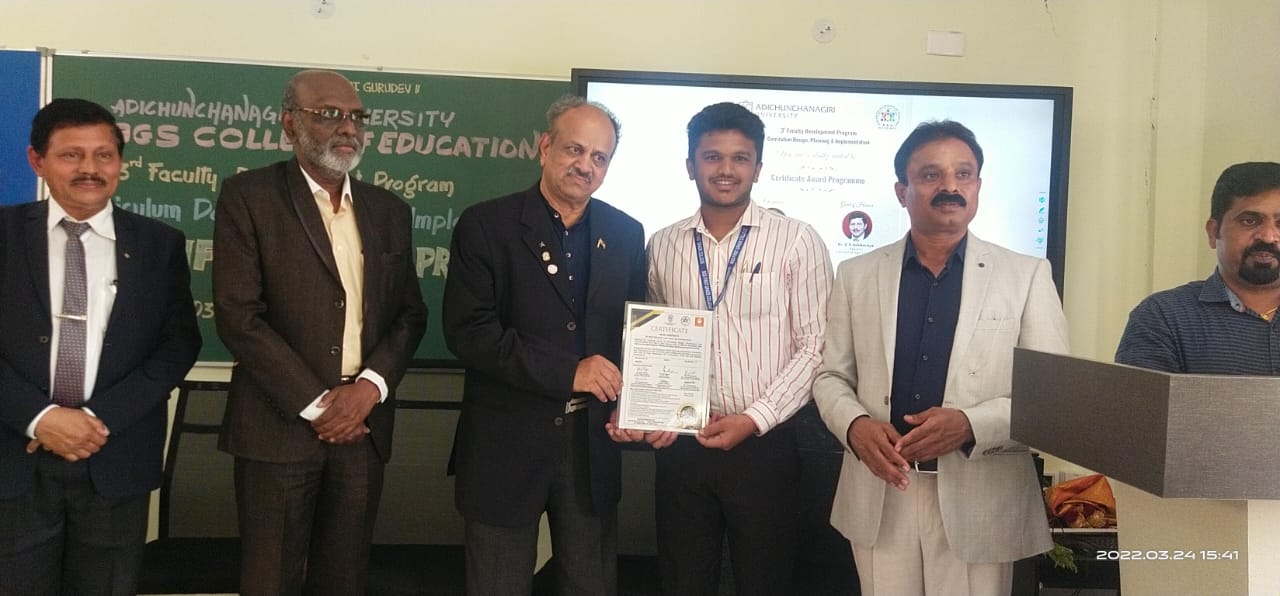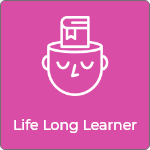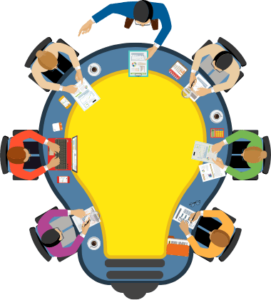
Skill Development
and Research Center
About Us

HESDAR Center is a higher education start-up functioning since, 5 September 2017 with a focus for faculty, students and others to provide teaching & learning, skill development, action research and creating modern education workspace, leveraging latest technology and expertise of the board members. It emphasizes on attitude and competencies’ development of faculty and not just knowledge up-gradation.
Major focus will be on Evidence based learning outcomes, Bloom’s taxonomy, PBL, Curriculum, Assessments and holistic Feedback system development.
HESDARC, Mysuru has its state of the art Skill Development Center at Hebbal industrial area with about 10,000 sft. of area for training and related activities.


To be a leading consulting center for faculty training, education based research, skill development, digital transformation and higher education management in India with international quality
HESDAR Center is committed to provide skill development, training, research and development by offering programs in higher education sector’ and contribute as a TEAM in Nation Building through excellence in Higher Education.
Mission is also to work to fructify National Education Policy 2019 aspirations
Board Objectives of HESDARC

Develop and implement
scientific and internationally acceptable training modules, Institutional research and effectiveness
strategies and processes

Assist Universities and Institutes to develop, implement, evaluate, monitor and continuously modify strategic planning, goals, processes & evaluation indicators

Support institutes to critically evaluate and implement international educational and training standards and processes

Conduct need based training programs to selected students, faculty and administration in the area of self & institutional development for recognition & respect.

Focus on evidenced based outcomes, PBL, Assessments, Skill development and feedback system
Seven Star Professional & Value Based Worker














Seven Star Professional
& Value Based Worker
HESDARC Framework Strategic Intervention & Consulting Services

- Digital intervention & transformation of colleges consulting services
- Mentoring for Accreditation, Certification & Succession planning
- College management system
- Marketing strategy & digital consultancy
- Problems / challenges identification & intervention
Outcomes Expected
Students
• Gainful employment
• Skill development
• Empowerment
• Entretreneurship
Faculty
• Skill development
• Capacity Building
• Empowerment
• In par with international
Administrators
• Institution building
• Electronic Management
Systems
• Good documentation & reporting
• International standards in HE
